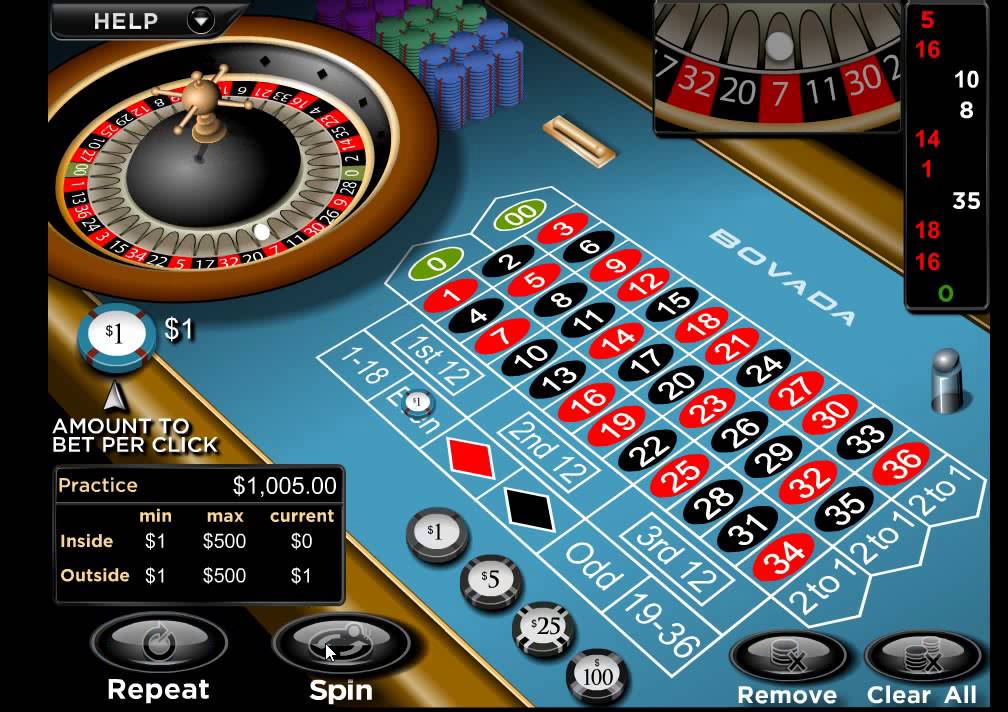Are you an experienced sports bettor? If you are, then you probably know that the well-known strategies as the Martingale method and the Fibonacci method, often used by gamblers in casinos, do not work here. Moreover, using these and similar strategies leads to the bettor’s quick downfall. So what can you do then? Are there any winning strategies for online casinos that are equally as effective for sports betting? Let’s talk about this below.
Why Most Casino Winning Strategies Do Not Work in Sports Betting
When it comes to gambling in casinos, there are many strategies and tools that can be used to calculate your probability of winning in, say, a poker game, and even estimate the actual value of a casino bonus offered by a special source. However, many gamblers know from experience that strategies based on the probability theory that works well in casinos do not work in sports betting. And it is indeed true.
The thing is, the result of a sports match is affected by too many factors that cannot be predicted using the probability theory:
- a sudden change in weather conditions not predicted by the forecast;
- the level of preparation of each team member (for example, you can’t know if one of the players has recently gone through a breakup and has been in a slump for the last couple of weeks);
- completely random events occurring during the match (for example, two of the strongest players from the opposing teams have a collision on the field, and as a result, the game continues without their participation).
Therefore, relying on the same strategies that we use in online casinos will not work in betting. Right now, we suggest exploring a few recommendations that will help you to reduce the likelihood of losing your bets to a minimum.
Top 6 Recommendations for Those Who Plan to Bet on Sports
Below we have collected six important tips that everyone who plans to bet on sports needs to know.
- You cannot, with 100 percent certainty, guess the future winner. Obviously, there are no win-win bets, and the real outcome of the game is not known even to the bookmaker. On the other hand, you can rely on the bookmaker’s opinion to get the idea of which contender has a better chance to win. In fact, when the bookmaker calculates the probability of a team or an athlete winning, they calculate the odds for it. The odds are usually presented as a fraction. For example, a factor of 1.05 roughly reflects the probability of 1 / 1.05 = 95.2%. This is the same as saying that an event with these odds will occur in approximately 9 out of 10 cases. Do not forget about the frequency of value variations for random variables relative to their mathematical expectations: at short intervals (like a series of bets) such events can come true 10 times out of 10. But in the longer term, the individual cases of loss will start making themselves noticeable. Therefore, in this case, it also makes sense to calculate the probability of an unsuccessful series of N lost bets. This is done according to the formula (1 – 1 / odds) to the power of N. Thus, for two consecutive losses with the odds of 1.05, we obtain the probability (1 – 1 / 1.05) to the power of 2, that is, approximately 0.00226 or 1 to 442.
- The assumption that the likelihood of winning increases after a series of losses is false. Dispersion, or, as we have already explained above, the frequency of value variation for random variables relative to their mathematical expectations, determines that 10 (or even 100) continuous losses can just as well be followed by the 11th or 101st loss. In fact, this is simply a psychological trap, since the probability of winning a bet does not depend on how many times you have lost before. This fact becomes completely obvious from the example of a coin toss because even after you have got several heads in a row, the probability of getting tails in the next throw remains the same: 1 to 2. This is why you should never try to regain your money in the hope that you are about to get lucky. With bets, it does not work.
- It is impossible to draw conclusions about whether the bets are profitable in the long run. Due to the same dispersion, your result over a long term can be very different from that on a short segment. The higher the odds, the higher the dispersion, the more bets you need to make in order to understand where they are going to lead you.
- The tricks based on the theory of probability that are applicable in casinos lose their effectiveness in betting, and you need to accept this. Inexperienced players naively believe that winning in sports betting can be calculated mathematically. This is not true: the main difference between betting and gambling in a casino is that in the latter case, all probabilities are known in advance. However, no one will tell you how to correctly calculate the probability of winning in a real match, not even a bookmaker (remember the situations where one team gradually lost the title of the favorite during a match and the other team gained it?)
- The theory of probability does work in sports betting, but in a less obvious way. In order to maximize your earnings from bets, you need to choose those bets where, in your subjective opinion, the bookmaker has incorrectly estimated the odds. If you regularly bet on such matches, you will get yourself a steady income.
- You should not rely solely on your own estimates of a particular team winning or losing. That is, instead of standard statements like: “I’m sure Team A will defeat Team B, so I’ll bet on Team A”, you need to find out how often Team A wins matches under the same conditions for both teams. Therefore, the right incentive to make a bet would be as follows: “I think that in 9 out of 10 cases, team A will have defeated team B with their present line-up.” But that’s not all. Be sure to consider the bookmaker’s odds for this event. If you have calculated everything correctly, the bookmaker’s odds will most likely tell you the same: in this case, it will be 1 / 0.9 or about 1.11. As to whether it will be profitable for you – that’s up to you to decide.
Conclusion
As you can see, the stakes in casinos and sportsbooks bear little resemblance to each other; however, in both cases, you can use your knowledge of probability theory. Do not forget that none of this makes any sense if you are not well versed in the sport. Only then you will be able to understand in what cases the bookmaker has set the odds unreasonably high and receive a large profit from such a bet.




Leave Your Comment Here